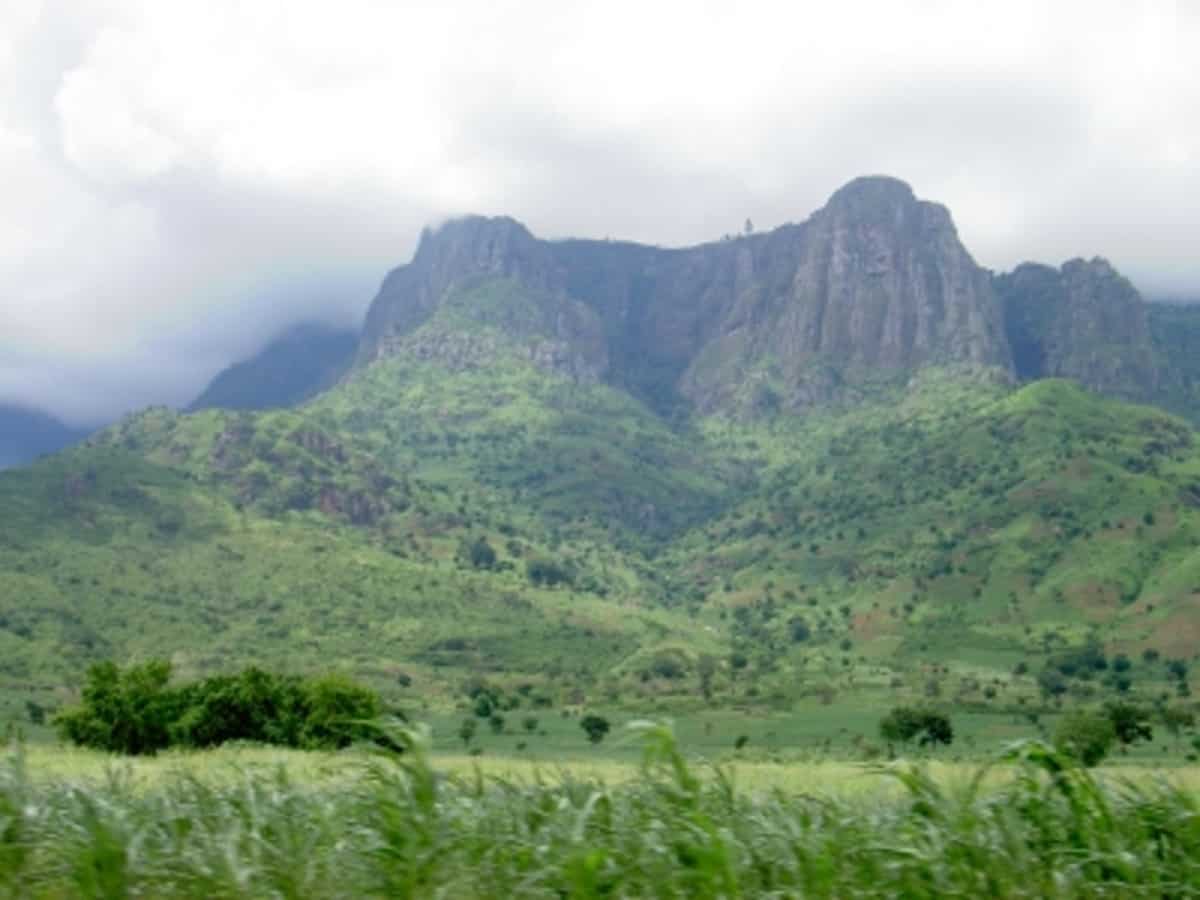
Nairobi: The loss of forest cover in Africa, escalated by climatic shocks, poor land-use practices and urbanisation could slow down the continent’s transition to a green and resilient future, scientists have said.
Speaking at a virtual forum from Nairobi, the Kenyan capital, to coincide with the 15th World Forestry Congress underway in Seoul, South Korea, the scientists called for enhanced protection of African tropical forests to boost climate response, Xinhua news agency reported.
Godwin Kowero, executive secretary of Nairobi-based African Forest Forum, noted that deforestation linked to governance lapses, poor farming practices and lethargic enforcement of laws is a threat to the continent’s green agenda.
“Managing our forests sustainably will determine the success of green development in the continent,” he said. “We must therefore find alternatives to charcoal and firewood in order to halt forest loss.”
He said the 15th World Forestry Congress, taking place in the South Korean capital on May 2-6, will serve as a rallying call for African policymakers and scientists to place the resource at the center of the continent’s quest for climate resilience at the grassroots level.
Djibri Dayamba, a senior program officer at African Forest Forum, said the continent’s forest cover, estimated at 636,639 million hectares, or 16 per cent of the global total, should be harnessed sustainably to advance the sustainability agenda.
The health of Africa’s tropical forests and savannah grasslands will be crucial to food and water security, improved health and economic outcomes for local communities, he said.
Dayamba called on African countries to promote food systems that are harmonious with nature and to invest in clean energy and eco-tourism to strengthen conservation of forested landscapes.
Ben Chikamai, executive secretary of Network for Gums and Resins in Africa, said that providing alternative livelihoods to nomads, subsistence farmers and hunter gatherers is key to reversing depletion of Africa’s tropical forests that acts as carbon sinks as well as source of food, fiber and herbal medicine.
Incentivising local communities to protect indigenous forests would boost their resilience in the face of climate emergencies that have escalated in the continent, he said.



